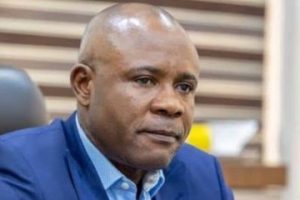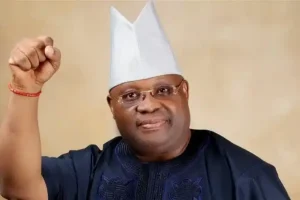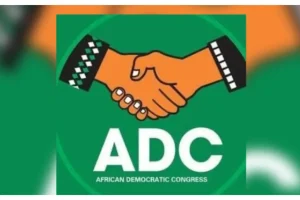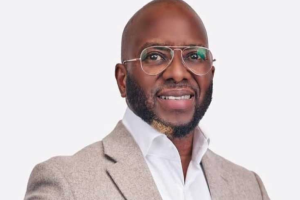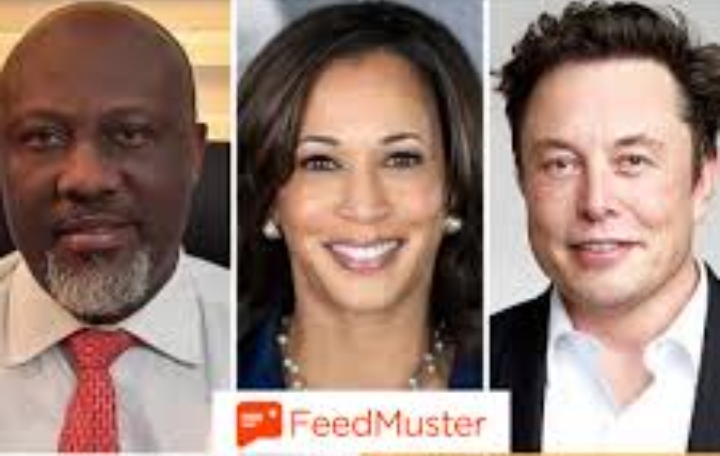
In a recent social media post, Nigerian Senator Dino Melaye voiced strong opposition to what he perceives as harassment by tech billionaire Elon Musk toward U.S.
Vice President Kamala Harris. In his message, Melaye warned that if Musk continues what he called a “harassment campaign” against Harris, he will sell his Tesla and encourage his friends to do the same. He emphasized the importance of America preserving its status as a global leader in democracy, adding that respect for its leaders is critical to maintaining that image.
Melaye, a well-known public figure in Nigeria, cited concerns that Musk’s recent statements on social media could damage America’s democratic reputation on the global stage. This reaction comes amid broader discussions over the responsibilities of influential figures in media and technology regarding respectful discourse around political leaders.
Melaye’s message, which also called on the American public to reflect on its role as a “global democratic police,” garnered significant attention, sparking a larger conversation online about the role of public figures in political discourse and diplomacy.
Responses to Melaye’s post have been mixed. Some individuals praised him for taking a stand, supporting his call for respect toward elected officials and his implied message on the potential power of consumer choices. Others, however, questioned the impact of a Tesla boycott, suggesting that broader discussions on freedom of speech and respect in political discourse may be more effective.
The controversy adds to recent debates on social media about the lines between personal expression and professional responsibility, especially for high-profile figures like Musk, who owns several major technology platforms and has a significant influence on public opinion.


